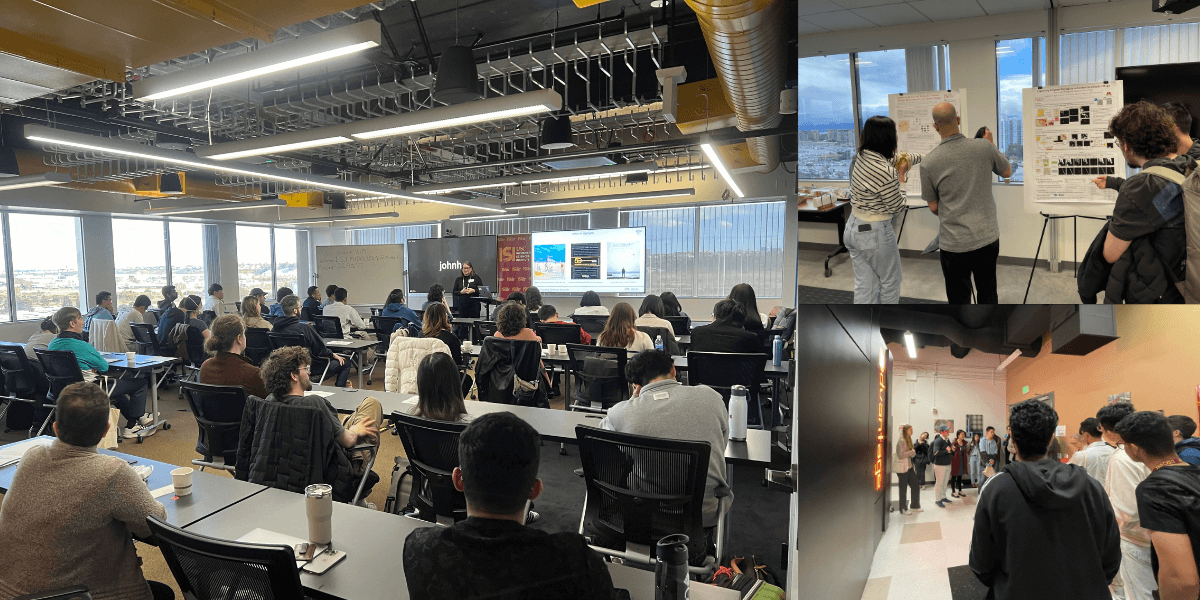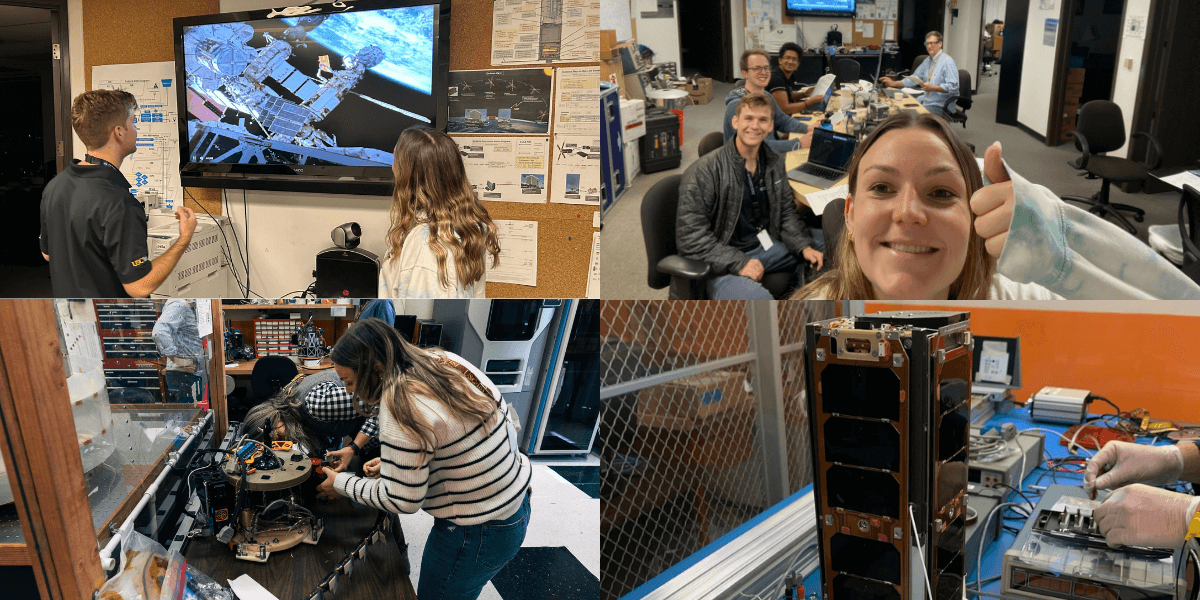Latest News

Inside ISI’s Ph.D. Visit Day 2024
Prospective graduate students traveled to ISI’s Marina Del Rey headquarters to experience the institute’s academic environment.

A voice in public policies
From biotech to misinformation, some of today’s biggest policy challenges are informed by researchers at ISI.

New 4-Year Construction Project To Create an Open Cybersecurity Testbed: SPHERE
ISI researchers receive an $18 million National Science Foundation Mid-Scale Research Infrastructure-R1 award to transform and democratize access to cybersecurity and privacy research.
CSET 2024

17TH CYBER SECURITY EXPERIMENTATION AND TEST WORKSHOP
CSET '24 will take place in hybrid format on Tuesday, August 13 offering participants research presentations and lively discussions on “meta” cybersecurity topics related to reliability, validity, reproducibility, transferability, ethics, and scalability – in practice, in research, and in education.
In-person attendance will be at the Philadelphia Marriott Downtown.
Registration is now open!
Please visit the CSET ’24 Participate page for more details.
Authors of accepted papers are required to register by July 26th.
Cross-Cutting Research Areas
Cyber-Physical Systems
Understanding, securing and advancing cyber-physical systems is embodied in our work on embedded systems, verification of untrusted cyber-physical modules and analysis of cyber-attacks on interconnected complex cyber-physical systems. As “smart” devices continue to connect to the internet at a rapid pace, optimizing and securing their integration is critical -- in addition to protecting underlying infrastructure, such as the power grid, that is the heartbeat of cyber ecosystems.


Edge Computing
As demand for information transit speed increases exponentially, there are hard questions around Network Embedding, System Security, and the use of Advanced Encryption Mechanisms. New approaches to data storage and computation capabilities at the edge inform our work in identification of applications within encrypted flows, recognition of obscured payloads, and protection of sensitive data residing in or transiting through network slices. This work will contribute to secure, high performance edge computing for the next generation of networking.
Cybersecurity
The pervasive nature of cyber threats grows exponentially. Our research spans specific technologies to large scale experimentation and analysis. Some of our key research programs include privacy-safe data sharing, defending against denial of service, malware handling and management, and binary analysis.


Internet Measurement
Our goal is to improve the Internet by discovering new ways to understand network topology, traffic, use and abuse. We explore challenges in networking and cybersecurity from several perspectives. We develop and operate unique network measurement and analysis Infrastructure that we employ to address important problems in network reliability and security. Our research builds models to assist with real world dilemmas, such as natural disasters and power grid outages, to enhance internet agility and robustness.
Experimental Research Methodologies
Conducting experimentation to explore and evaluate research in cybersecurity and networking requires new scientific methods, tools and infrastructure. As a leader in cyber experimentation we architect, develop, and operate advanced cyber infrastructure testbeds. Our work creates models, experimentation frameworks, tools, and approaches to enhance the science of cyber experimentation to make experiments reusable, repeatable and robust.

